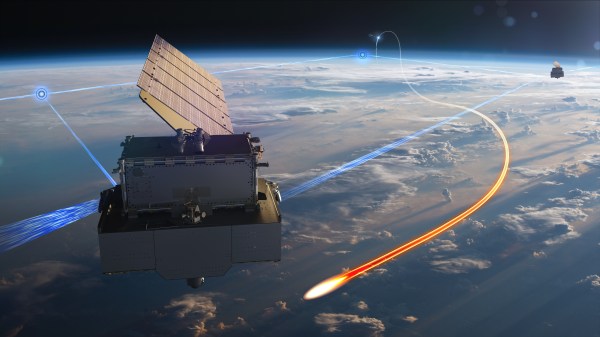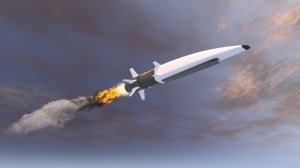Rocket Lab to build 18 satellites for SDA’s global satcom constellation

The Space Development Agency has added Rocket Lab National Security as the third vendor for the Beta variant of its future constellation aimed at providing global satellite communications for warfighters.
The California-based company has received a $515 million prototype agreement to build and operate 18 Beta variant satellites for SDA’s Tranche 2 transport layer, the agency announced Monday. The satellites will be part of the Proliferated Warfighter Space Architecture (PWSA) — envisioned as a multi-layer constellation of spacecraft in low-Earth orbit that enable satcom, data transport, missile warning and missile-tracking capabilities.
The Tranche 2 transport layer will consist of 216 satellites across three different configurations — Alpha, Beta and Gamma — that each offer slightly different capabilities. Together, the three variants “will provide global communication access and deliver persistent global encrypted connectivity to support missions like beyond-line-of-sight targeting and missile warning and missile tracking of advanced missile threats,” according to SDA.
The transport layer is considered key to achieving Joint All-Domain Command and Control (JADC2), the Pentagon-wide effort to connect the U.S. military’s sensors and shooters under a more unified network. The agency has already put most of its demonstration layer, known as Tranche 0, on orbit and plans to launch its first operational layer — Tranche 1 — on a year-long, monthly launch schedule beginning in September 2024.
Lockheed Martin and Northrop Grumman received $816 million and $733 million, respectively, from SDA in August 2023 to each build and operate 36 Beta variant space vehicles. In October, the agency awarded Northrop Grumman and York Space Systems a combined $1.3 billion for the Alpha configurations, of which there will be 100 total space vehicles.
The contract with Rocket Lab brings the total number of Beta variant satellites to 90, and all three agreements are worth just over $2 billion combined.
“We welcome Rocket Lab as the newest member of Team SDA and our third performer on the [Tranche 2 transport layer] – Beta program,” SDA Director Derek Tournear said in a statement. “Their selection as a new prime and bus provider demonstrates SDA’s dedication to our mission, which includes development of a growing, innovative marketplace necessary to sustain SDA’s proliferated architecture on two-year spirals.”
According to SDA’s solicitation for the Beta instantiation, the agency was looking for satellites that could provide advanced communications and data transfer in low-Earth orbit via S-Band, Ultra High Frequency Satellite Communications and Integrated Broadcast Service links.
In a press release Monday, SDA noted that it determined some of the satellites planned for the Gamma variant needed to be moved to the Beta program in order to improve tactical satcom capabilities.
Now, the agency is planning for 26 Gamma variant space vehicles, which Tournear has said will be similar to Beta configurations — with additional requirements for advanced waveforms.
The 18 satellites built by Rocket Lab will be operated from lower inclination orbits than the first 72 Beta variant satellites from Lockheed Martin and Northrop Grumman — a move that will enhance the “overall robustness of the capability delivered by the [Tranche 2 transport layer space vehicles],” according to SDA.
The agency plans to begin launching Beta variant space vehicles in September 2026. The Rocket Lab satellites are slated to go on orbit no later than July 2027, per the release.






